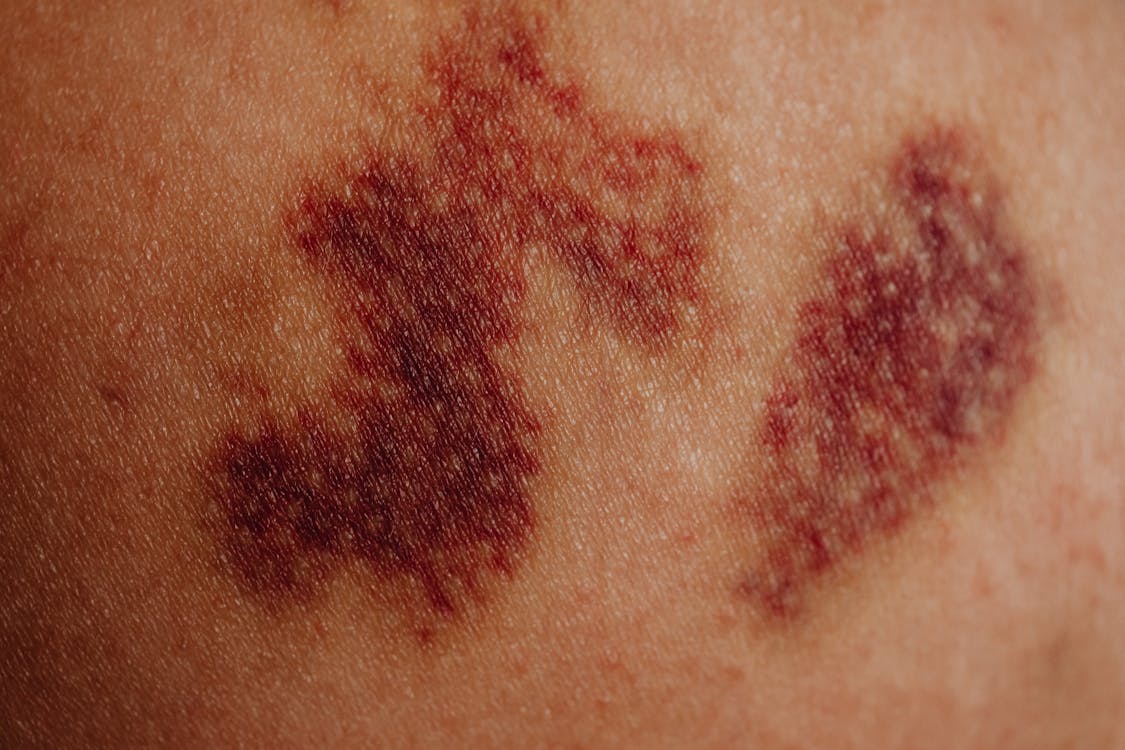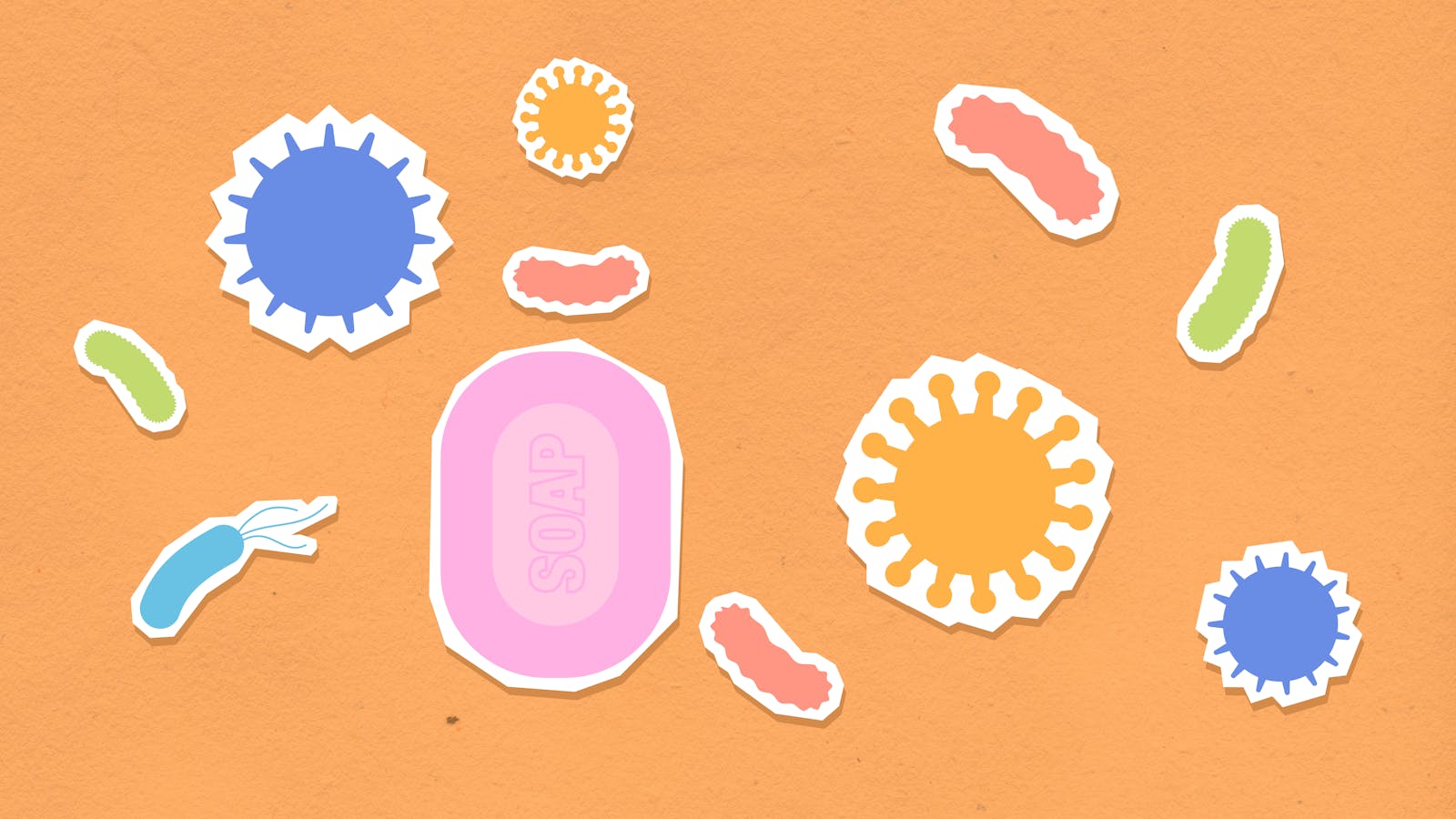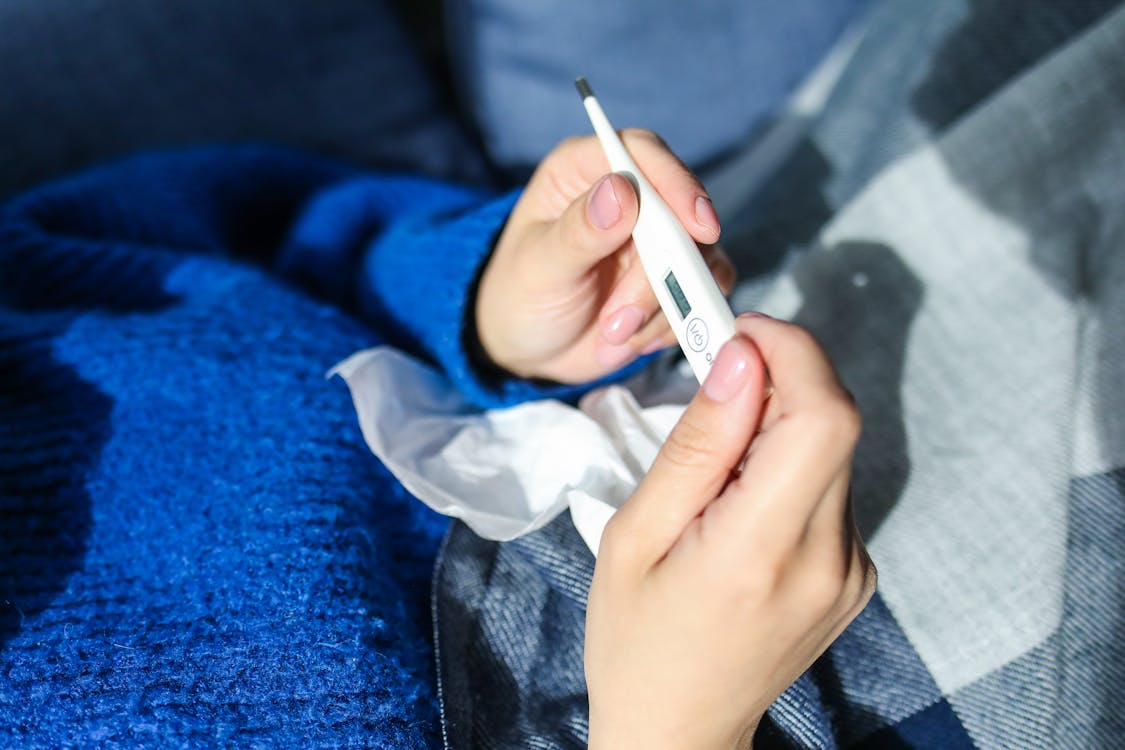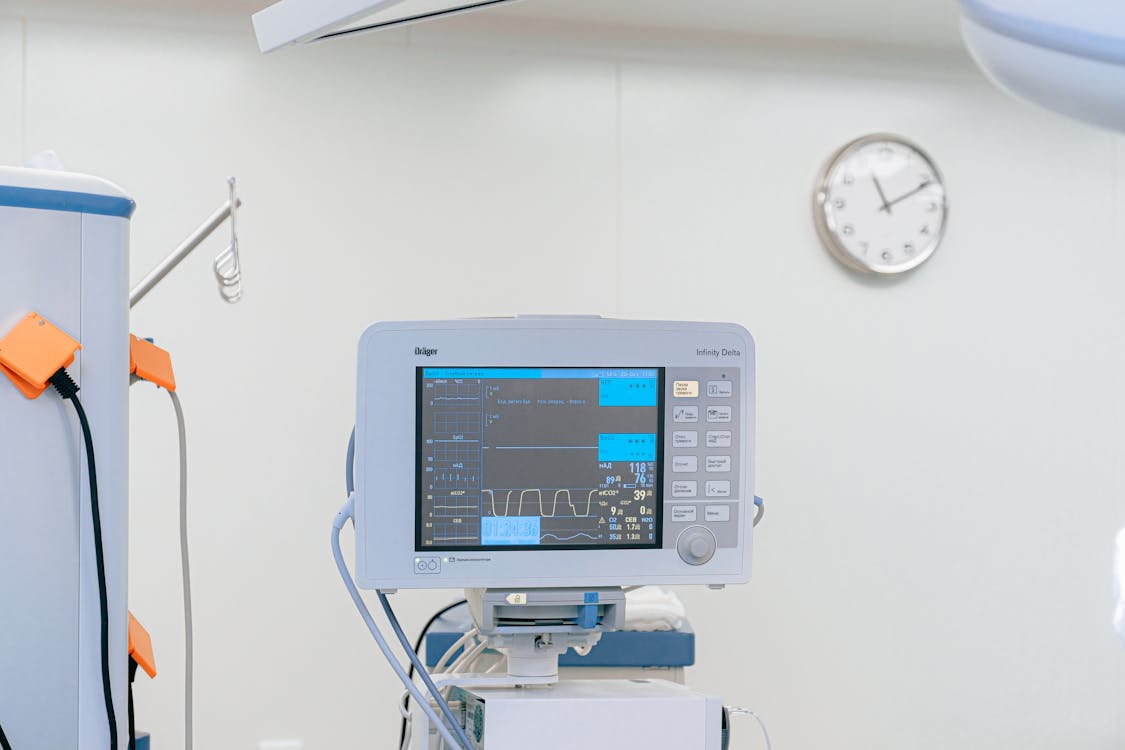An infection of the membranes that cover the brain and spinal cord is known as meningitis. Numerous microbes, including bacteria and viruses, are capable of causing it. Meningitis can be dangerous and even fatal, particularly if it is not identified and treated very away.
A rash is one of the typical signs of meningitis. Small, red, or purple patches that do not go away when a glass is put on the skin may be the only outward sign of the rash. This rash is referred to as "petechial." Larger, red, or purple spots that may blister or peel may also be present with the rash.
Children may have a more dangerous case of meningitis because their immune systems may not be fully mature and they may be more susceptible to consequences. Children may experience fever, headaches, stiff necks, and rashes as meningitis symptoms. Lethargy, irritability, and vomiting are other symptoms of meningitis in children.
If you think your child might have meningitis, it's critical to take their temperature right away. A high temperature is a typical sign of meningitis, therefore it's crucial to take action to lower the fever and provide your child with more comfort. Acetaminophen or ibuprofen are two examples of medications that can help lower fever. By providing them with fluids to drink, you should also ensure that your youngster stays hydrated. You should take your child to the doctor as soon as you can if the temperature doesn't go down or if they exhibit additional symptoms like a headache or rash. Early detection and treatment can increase the likelihood of a full recovery and help prevent serious complications.
Serious complications from meningitis might include organ failure and low blood pressure. When an organ is not working properly and is unable to carry out its essential activities, organ failure develops. Organ failure can damage the brain, liver, kidneys, and other organs in severe meningitis cases.
Meningitis can also result in hypotension, also known as low blood pressure. When the blood pressure falls too low to appropriately perfuse the body's organs, hypotension results. This can result in the tissues and organs receiving inadequate amounts of nutrients and oxygen, which can be fatal.
Your child will require immediate medical attention if they have organ failure or low blood pressure as a result of meningitis. Medications to support organ function, intravenous fluids to keep blood pressure stable, and oxygen therapy to guarantee adequate oxygenation are all possible treatment options. Your child might need to be admitted to the hospital's intensive care unit (ICU) in extreme circumstances for close supervision and support.
In conclusion, meningitis is a dangerous infection that poses a substantial risk of death, particularly in young patients. If you think your child may have meningitis, it's crucial to be aware of the signs, which include a rash, and to get them checked out. Meningitis can be avoided with proper cleanliness and vaccinations.








No comments:
Post a Comment